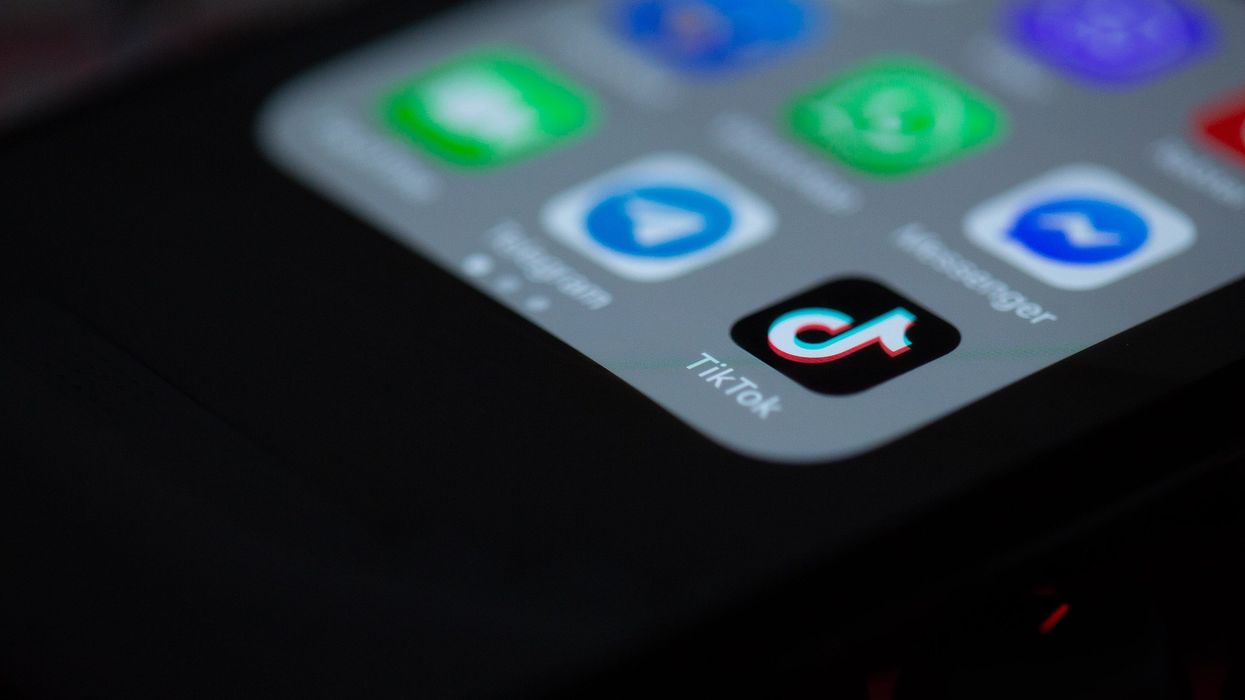When Congress passed PAFACA (Protecting Americans from Foreign Adversary Controlled Applications), they should have considered the consequences. They apparently didn’t.
With approximately 170 million users, what did politicians think would happen when TikTok actually went dark? Did Congress consider the aftermath? President Trump is trying hard to find a way to keep TikTok from going dark permanently, but he likely won’t succeed.
Given that PAFACA demands applications (Apps) owned/controlled by foreign adversaries be banned, there’s nothing short of ByteDance selling its interest in TikTok to satisfy the current law. There are no halfway measures. According to the law, countries like China cannot hold ownership of apps doing business in the American market.
The question: Will ByteDance sell TikTok? Why should they? Moreover, did Congress think the Chinese would acquiesce to PAFACA? It is worth pointing out: The nexus for PAFACA came from the CIA.
Testifying before Congress, the Central Intelligence Agency warned politicians that companies such as TikTok, which are owned by foreign adversaries, pose a threat to national security. Congress bought it hook-line and sinker.
Still, given the number of users who would be adversely impacted by a shutdown of TikTok—one must ask: What was Congress thinking? Was it all about anti-Chinese sentiment and the coming election?
The seminal question: What if politicians voted against anti-Chinese legislation? Effectively, those politicians would have faced massive criticism as being Chinese sympathizers, possibly costing them their respective elections.
So, the safe vote was to support anti-Chinese legislation—and damn any future consequences. For those politicians, the future consequences are now at hand. It was inevitable that PAFACA would eventually take effect. However, at the time of the vote, there weren’t any real-world consequences, at least not until TikTok went dark on January 19th.
Oddly, President Trump, who has access to the same CIA threat assessment, has pitched a joint Chinese/American ownership proposal. The President doesn’t see Chinese ownership as the threat the CIA does.
Once TikTok went dark, even temporarily—PAFACA became REAL. There’s no going back. Politicians must now face the aftermath of their anti-Chinese vote.
Dan Butterfield is the author of 11 E-books written under Occam’s Razor by Dan Butterfield. A list of publications: “Cultural Revolution,” “Prosecutorial Misconduct,” “Benghazi—The Cover-Up,” “The Russians Are Coming, The Russians Are Coming,” “Treason,” “11 Days,” “First Premise,” “GOP’s Power Grab,” “Guilty,” “Comey’s Deceit,” and “False Narratives.”




















